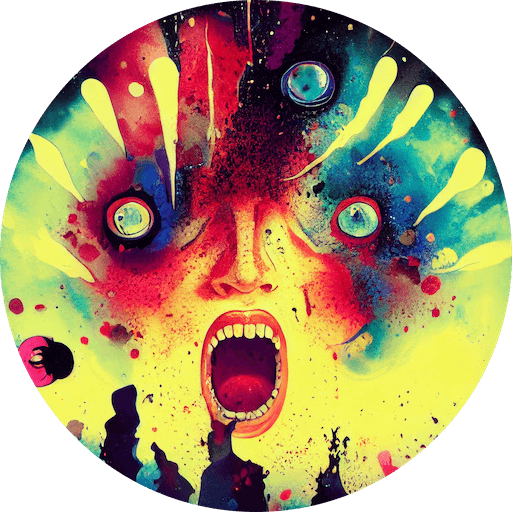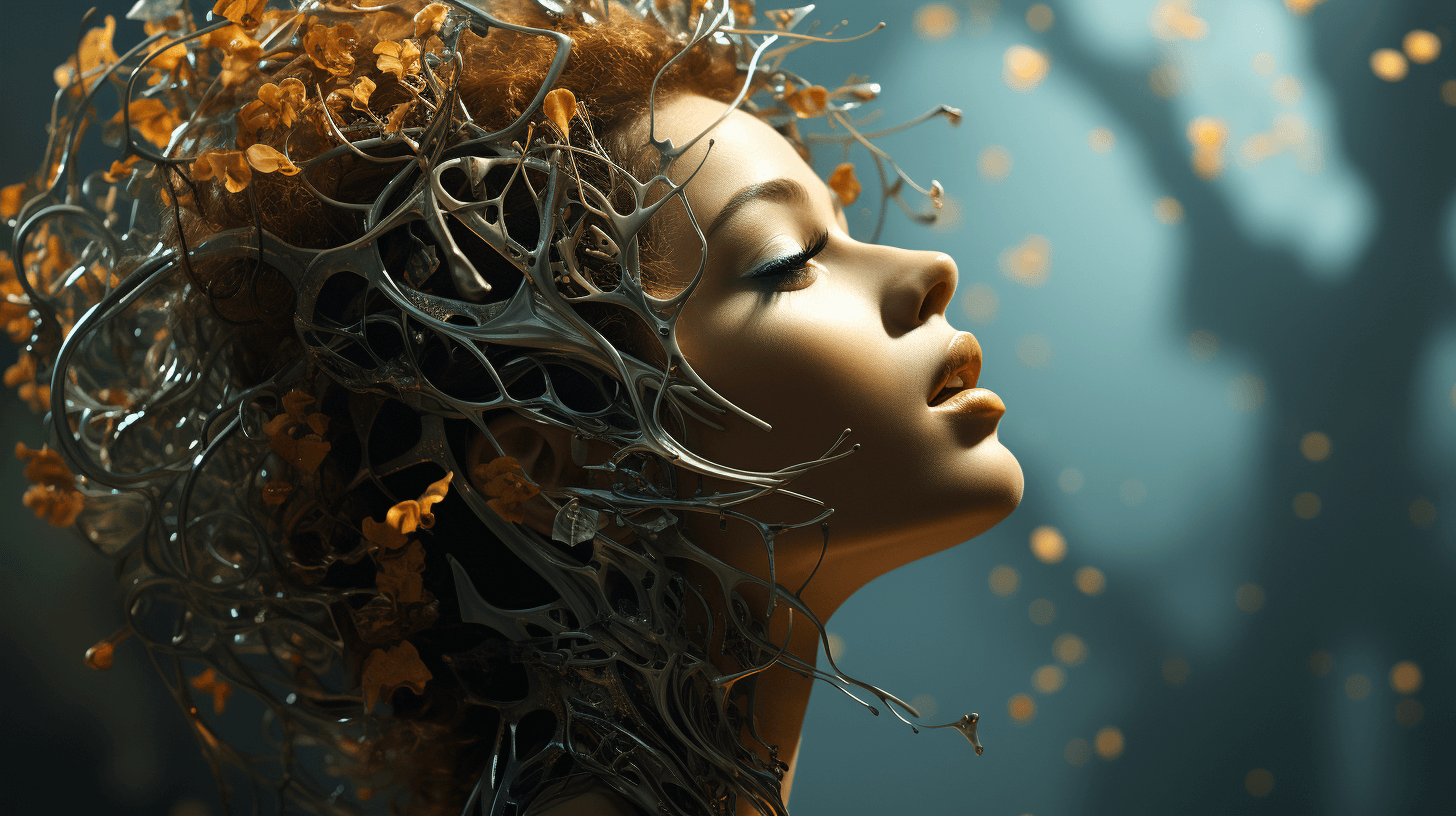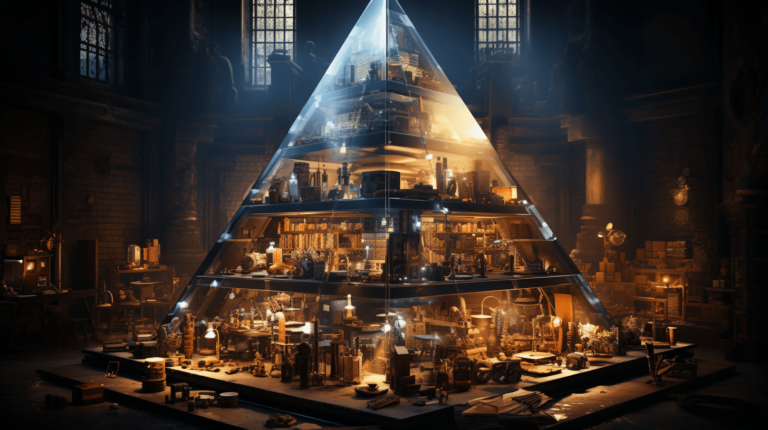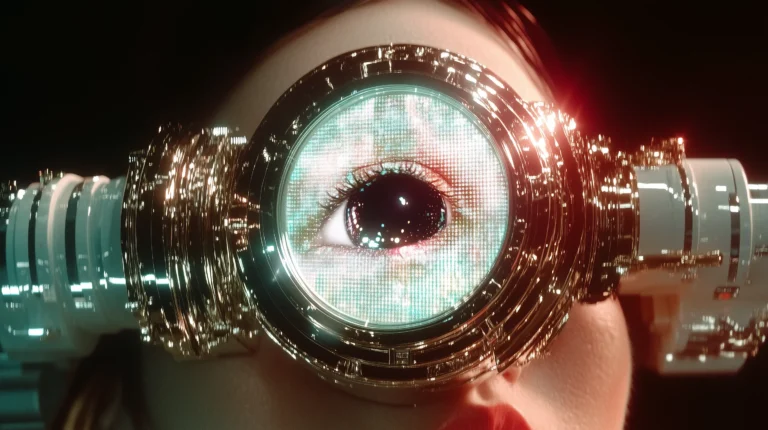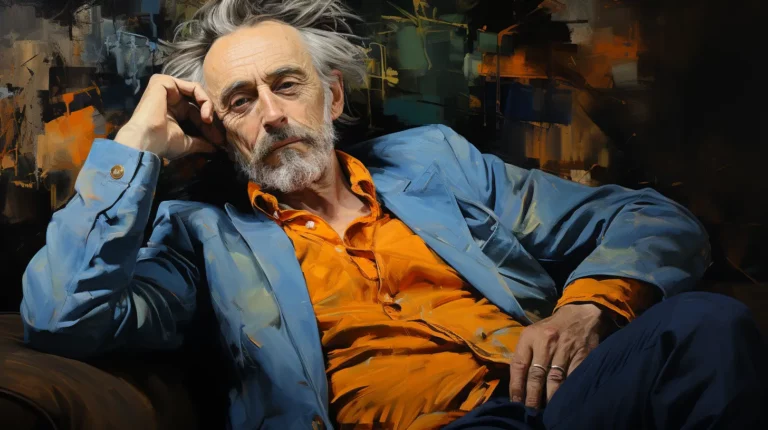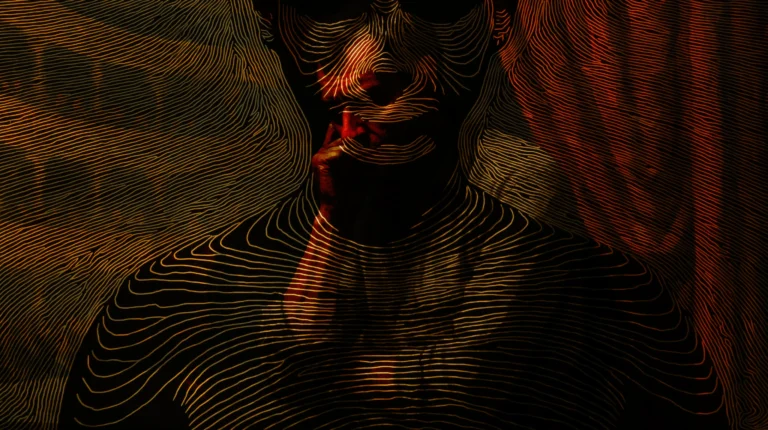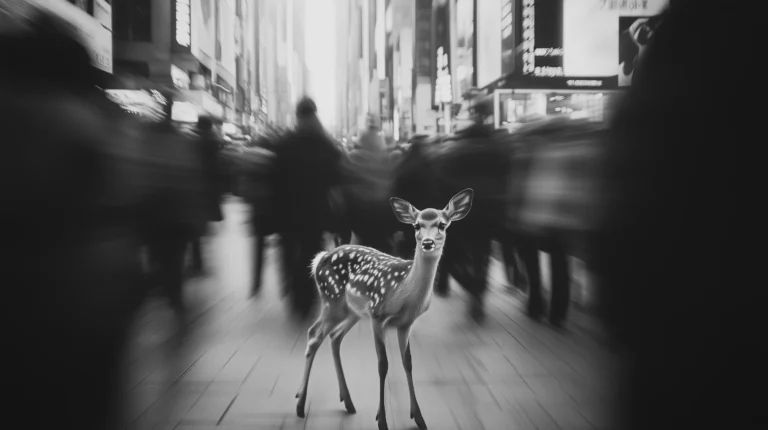An Overview of the Psyche: Understanding Carl Jung’s Perspective
For those just beginning their journey into the world of psychology, Carl Jung’s theories provide a rich and diverse insight into the human mind. One of Jung’s most pivotal concepts, the ‘psyche,’ is a term he used to encompass all the processes and phenomena of the human mind. Let’s delve into this complex yet fascinating concept, presenting it in an easy-to-understand way for beginners.
Defining the Psyche
The psyche, according to Carl Jung, is the totality of all psychological processes, both conscious and unconscious. It’s a self-regulating system that seeks to maintain balance and harmony. The psyche is divided into the conscious and unconscious realms, with different aspects nested within these two primary divisions.
The Conscious
The conscious mind is the part of the psyche that includes everything we are aware of. This includes thoughts, memories, perceptions, and feelings that we can readily bring to mind. It is where information from our senses is processed, decisions are made, and thoughts are generated and manipulated. The conscious mind represents our present awareness and the part of our psyche that we can readily access and control.
The Personal Unconscious
Just below the level of consciousness lies the personal unconscious. This part of the psyche stores memories and experiences that once were conscious but have been forgotten or suppressed. The personal unconscious also contains complexes—cluster of thoughts, feelings, and perceptions about certain topics or people that have a powerful influence on how we think and behave.
The Collective Unconscious
Moving deeper, we encounter a part of the psyche that was one of Carl Jung’s most revolutionary ideas—the collective unconscious. This is a level of unconscious shared with other members of the human species comprising latent memories from our ancestral past. This doesn’t refer to personal or direct experiences, but rather to the shared experiences of our ancestors.
Within the collective unconscious exist what Jung called ‘archetypes,’ universal symbols or themes that have existed throughout human history across different cultures. Archetypes might include the Mother, the Hero, the Wise Old Man, and others, all of which influence our behaviors and attitudes, often without our knowledge.
The Self
The ‘Self,’ in Jungian psychology, is an archetype representing the unified unconsciousness and consciousness of an individual. It’s the part of the psyche that represents the unity, integration, and harmony of the total personality. The Self strives to balance all other parts of the psyche and embodies the journey toward wholeness and self-realization—a process Jung termed as individuation.
The Psyche’s Role in Personal Growth
The psyche is not a static entity. It evolves throughout an individual’s life, continually influenced by personal experiences and the process of individuation. Jung believed that by acknowledging and understanding the different components of the psyche, individuals could achieve psychological growth and integration.
Jung’s concept of the psyche offers a comprehensive perspective on the human mind, ranging from our conscious thoughts to the deepest layers of the unconscious. By understanding these parts of the psyche, we can better comprehend our behaviors, thoughts, and emotions, and how they shape our identity. As such, Jung’s view of the psyche forms the foundation of his analytical psychology and remains an influential concept in the field today.
Final Thoughts
Although abstract and complex, Jung’s concept of the psyche provides a holistic view of the human mind. This view suggests that by delving into and reconciling our conscious and unconscious thoughts and experiences, we can journey toward self-understanding and psychological growth—a journey as intriguing as it is rewarding.
